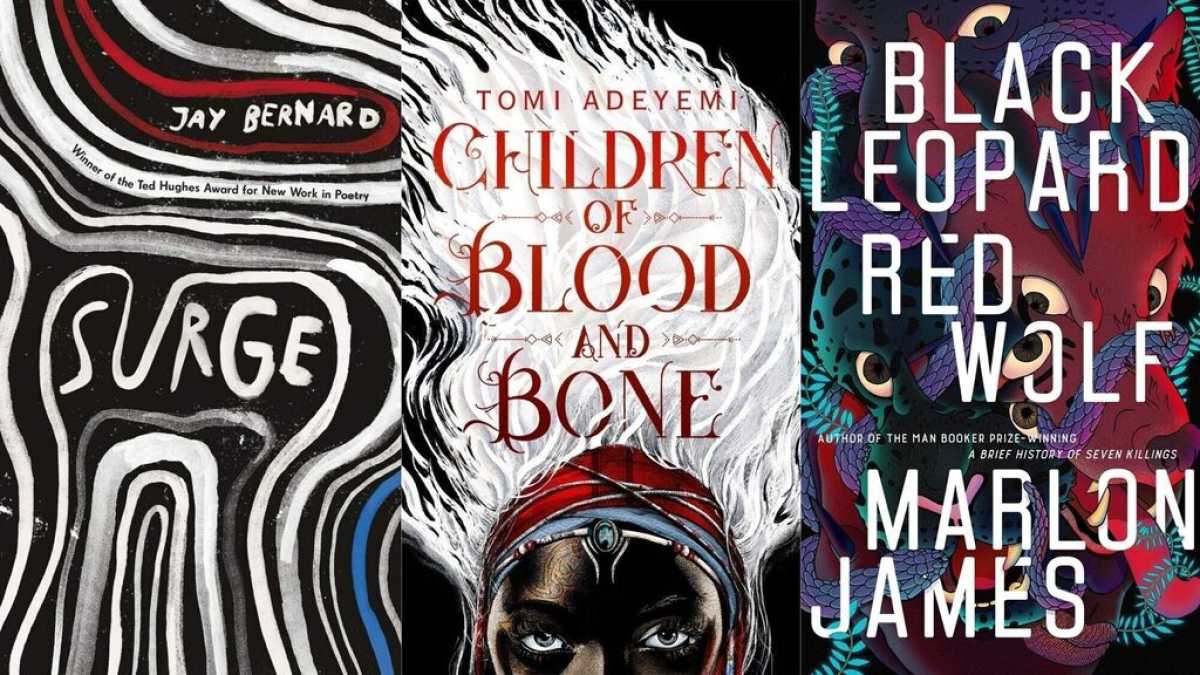Opinion
American Fiction: A Reflection on the Challenges Faced by Black Authors in the Publishing Industry

Drawing inspiration from Percival Everett’s 2001 novel, American Fiction, Cord Jefferson’s directorial debut follows disillusioned novelist-turned-professor Thelonious ‘Monk‘ Ellison as he grapples with the challenges of the American publishing industry. Monk continuously faces rejection for his latest novel, which is deemed ‘not black enough’.
Authors from historically marginalized communities, including black authors, repeatedly encounter obstacles to getting their work published, receiving post-publication support, or securing a safe platform that allows their voices to be heard.
In American Fiction, Monk encounters the work of Sintara Golden, who has gained major success with her novel We’s Lives in Da Ghetto, the sort of ‘black book’ publishers want. Monk considers the book as pandering ‘black poverty porn’ and its success drives him to the edge.
The pigeonholing of books by marginalized authors is common. Authors often find their books stocked in ‘African American Fiction’ sections, which limits their earning potential and perpetuates the idea that only black readers find stories by black authors interesting.
The publishing industry’s response to the Black Lives Matter movement in 2020 led to a wave of commissioned ‘black books’, marketed as an effort to diversify catalogues. However, these efforts have been mostly temporary, without enacting real structural change.
In the midst of his struggles, Monk writes a book titled My Pafology (later renamed Fuck) under a pseudonym. To his surprise, the book becomes a bestseller, highlighting the white decision makers’ perception of ‘authenticity’ and the industry’s preference for certain narratives. Monk’s and Golden’s novels reflect the pressure black authors face to conform to market demands and the complexities surrounding authentic representation.
Both the British and US publishing industries face parallel challenges in the portrayal and treatment of black writers. American Fiction sheds light on these issues and criticizes the industry’s focus on profit over inclusion and representation.












